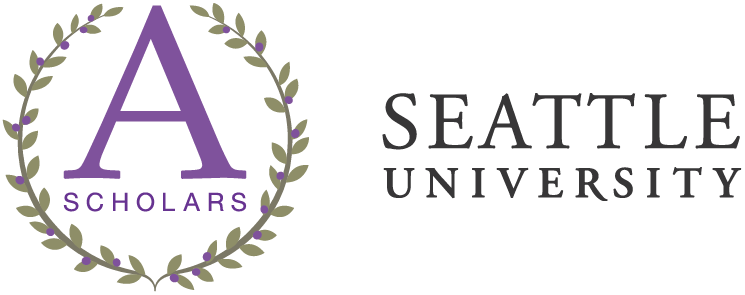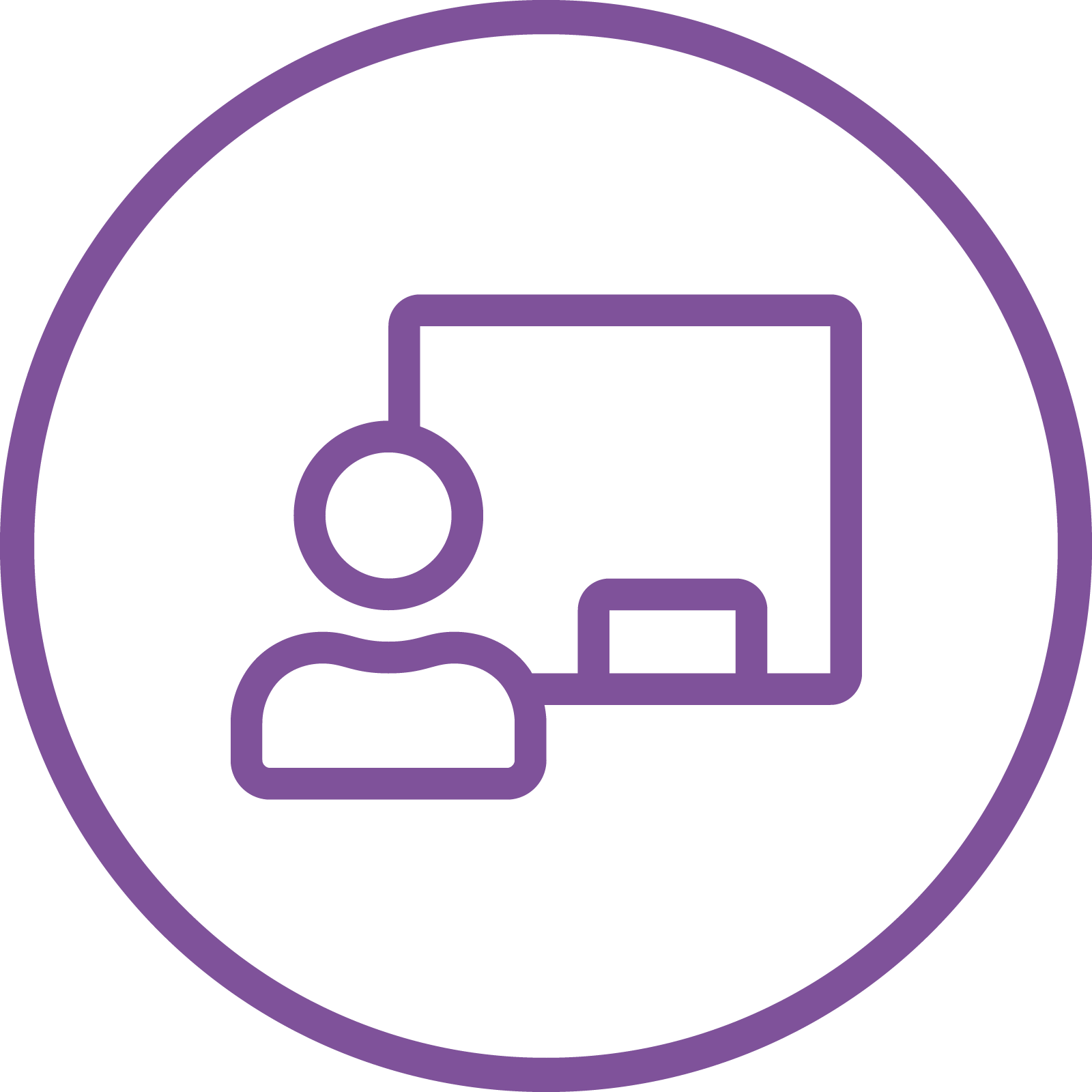Viktoria Buina
B.S, summa cum laude, Diagnostic Ultrasound, 2022
Sonographer, Seattle Children’s Hospital
“Upon joining the Alfie family, I was gifted with a chance to speak, to listen, and to be heard. ”
Service & Work:
Co-Facilitator, Parents with Kids Group, Seattle University, 2020–2021
Medical Volunteer, W. Novick Global Cardiac Alliance, 2010–Present
Volunteer photographer, Belarusian kids magazine 'Zheuzhyk”, 2019–Present
Volunteer interpreter, Imagine Housing, 2020–Present
Awards & Honors:
President’s List, Fall 2020, Winter 2021, Fall 2021, Winter 2021, Spring 2021
Dean’s List, Spring 2021
Member, Alpha Sigma Nu Jesuit Honor Society
Member, Tau Sigma Honor Society
Family Connections Program, Goodwin Connections, 2018–Present
Seattle University Endowed Scholarship Fund, 2020
BECU Scholarship, 2020
WWIN Scholarship, 2021
President’s List, Fall & Winter Quarters, 2020–2021
Dean’s List, Spring Quarter, 2021
Presentations & Publications:
The Migration of Medical Professionals from Dictatorships to the United States of America: Why America Resists to Benefit from the Brain Drain, Viktoria Buina, Seattle University, August 2020.
Life Under Dictatorship: What it Feels Like to be Excluded from the Moral Community and How to Survive if you Choose to Resist?, Viktoria Buina, Seattle University, August 2021.
Viktoria’s Story
As a child, I had the happiest childhood to the highest extent of happiness possible when you are raised in the Soviet Union. Does it really matter that you were already nine when you heard the word ‘Coca-Cola’ or ate bananas and bubble gum for the very first time in your life if you were loved by both of your parents and had a wholesome family? As a child, I didn’t realize the degree of harshness of life of the typical Soviet citizens like my parents when, in a permanent state of poverty and commodity deficit, everyone’s life became a long battle for food and for any other goods. This was the time when I learned my first life-lessons: to value the hard labor of my parents, appreciate the simple meals on the table leaving no leftovers nor throwing away any food, have respect for seniors, and take responsibility for others from the young age. As a child, I was so lucky to have my parents telling me that education gives opportunities, opens many doors, and, above all, is a key to finding the answers. This happy-child narrative could have been much longer, yet it’s not a happy-ending story. My mother passed away when I was a thirteen-year-old, curious about everything and thirsty for knowledge teenager, and all of a sudden, my life turned upside down, and I realized that the time of being a child was over.
In the new state of my family, I was responsible for the majority of housekeeping activities. On top of that, I had to take comprehensive care of my ninety-year-old grandfather once he was diagnosed with Alzheimer’s disease. These early experiences shaped my personality in a way of taking care of others and being a leader who makes decisions and takes the consequences of them. These experiences also predetermined my professional future in the health-related field.
Later in my life, I started an amazing professional endeavor of a practical medical nurse in the field of congenital heart pathology. Eventually, the process of making tiny broken hearts beating happier has become one of the biggest passions of my entire life. Once I realized that not all of the world’s fixer-uppers have equal opportunities for making their fragile hearts repaired, I joined a team of medical professionals who volunteered in middle- and low-income countries to provide those with limited access to quality care with sustainable and comprehensive health care solutions. Needless to say, these new experiences not only amplified my passion for the chosen profession and brought my expertise to a higher level, they also made my mind, eyes, and ears wide opened to new cultures, religions, opinions, and the people different than myself. These were the first steps on the way to civility, and I was thirsty to make many more.
As a fresh immigrant to the US, I became free of political oppression that I was experiencing from the dictatorial regime in my native country on the one hand; however, I lost the right to practice as a medical professional on the other. Do I see it as a disaster, an epic fail, a bad joke of life by my choice? Maybe. But first of all, I see it as an opportunity to write a new chapter of my life from scratch, to unpack my carry-on luggage and sort out everything I have in it, analyze what are my strengths and vulnerabilities, decide who I am now and what I want to be, how much I have to tell the people and why it is so important. I always knew I had a voice, and now it is a good time to boost its volume up.
My advice to everyone: never give up! Continue to be curious and inspired. Work hard through the challenges that will come through your life experiences. Make mistakes, and ask for help when you cannot fix them on your own. Be a civility leader to yourself and share the story of your journey with others.
Goals:
Upon joining the Alfie family, I was gifted with a chance to speak, to listen, and to be heard. In this light, I would like to use my voice, education, and passion to raise awareness of the community of two important social issues: an abolishment of human rights and freedoms in the countries with dictatorships as the predominant models of governance, and a lack of access to a quality and timely medical help for newborns and older kids with congenital heart deceases in low-income countries. In the future, I would like to use my considerable medical background as a pediatric practical nurse who was dealing with patients with congenital heart abnormalities along with all the knowledge acquired at SU to specialize in performing diagnostic sonography on newborns or pregnant women whose fetuses may have developed a congenital heart defect; additionally, I will continue working as a volunteer with medical humanitarian missions.
On Civility:
To me, civility means to create an environment that encourages others for positive social development, educational growth, and mutual respect. In doing so, I must provide a good example of self: a person who belongs to the world’s community yet does not own it, a person who believes that every human is born equal and therefore must be treated equally regardless their race, gender, religion, ethnicity, culture, political or personal opinions, and a person who does not judge upon implicit biases, invalid stereotypes, but instead is open to listen and see a personality in everyone. Finally, I would like to be an exemplar of cultivating and practicing the three Cs of civility: consciousness, creativity, and community.
As each of us belongs to the shared community, civility becomes an essential tool to communicate and therefore to find the common ground among the vast variety of opinions, concerns, and personal truths. I’m convinced that only through open civil dialogue we can create a healthy, civil, and sustainable society.








